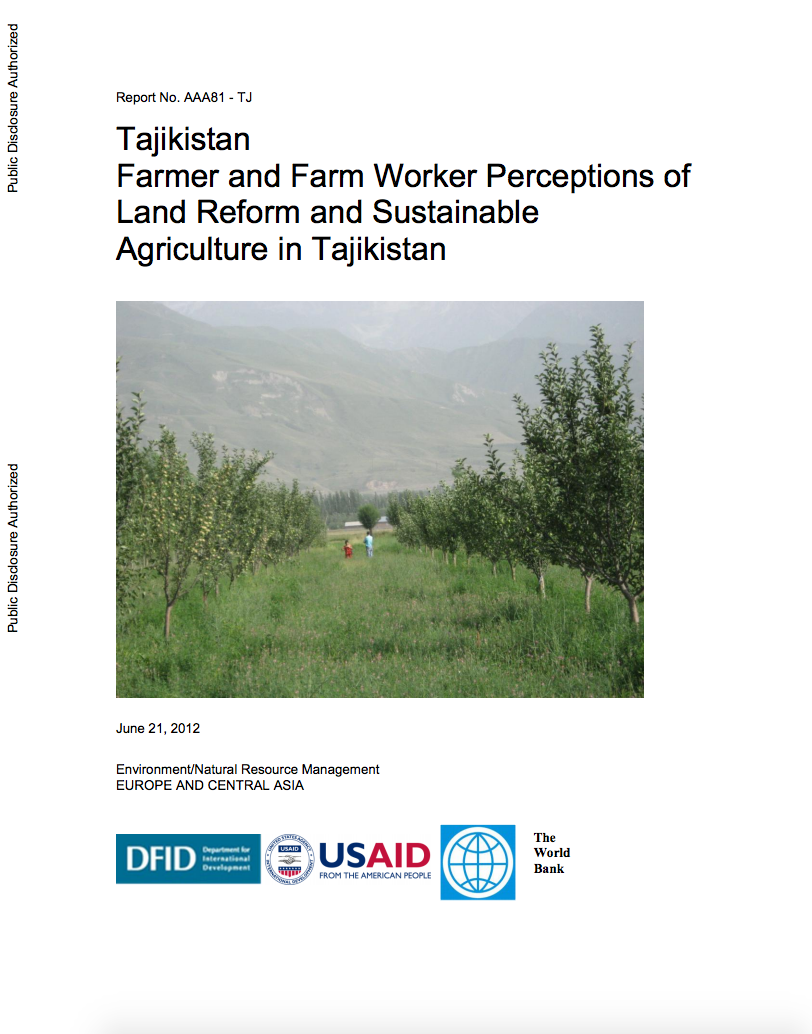Economic Implications of Moving Toward Global Convergence on Emission Intensities
One key contentious issue in climate
change negotiations is the huge difference in carbon dioxide
(CO2) emissions per capita between more advanced
industrialized countries and other nations. This paper
analyzes the costs of reducing this gap. Simulations using a
global computable general equilibrium model show that the
average the carbon dioxide intensity of advanced
industrialized countries would remain almost twice as high


